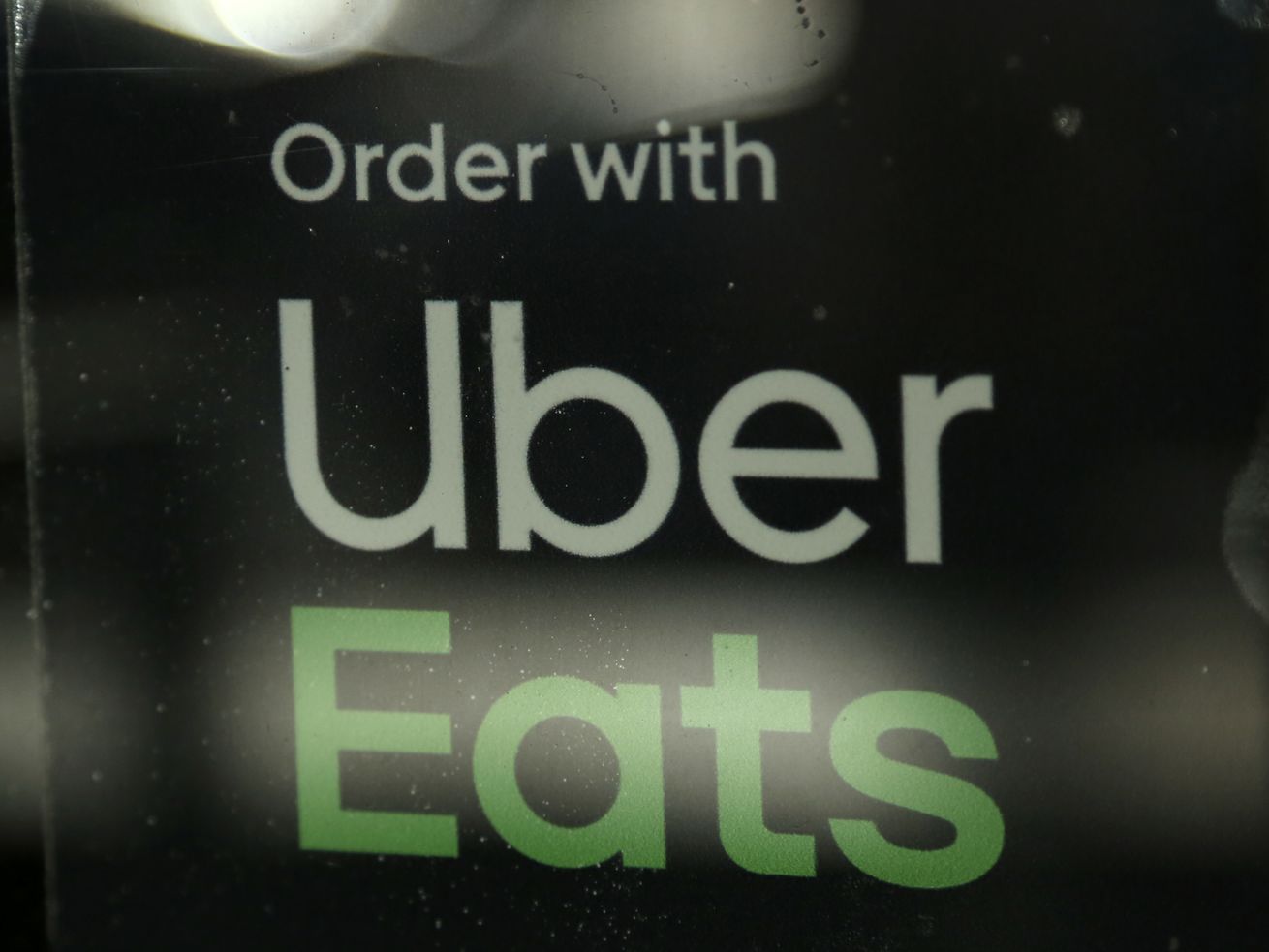
At the behest of City Comptroller Reshma Soni, the City Council’s Finance Committee agreed to clear up “confusion” about who is responsible for collecting the city’s 0.5% restaurant tax.
Third-party food delivery services that thrived during the pandemic would be required to collect and remit Chicago’s percent restaurant tax, under a mayoral plan advanced Monday to eliminate tax collecting “confusion.”
The City Council’s Finance Committee shifted responsibility for tax collection from restaurants to third-party delivery companies like GrubHub and Uber Eats, DoorDash and Postmates, setting the stage for final approval at Wednesday’s City Council meeting.
Mayor Lori Lightfoot’s pandemic relief package also calls for: extending the 15% cap on restaurant delivery fees until 180 days after all pandemic-related restrictions on restaurants are repealed; authorizing both delivery and carryout of cocktails-to-go and shaving up to three weeks from the time it takes for new restaurants to get licenses to open in spaces occupied by previously shuttered establishments.
City Comptroller Reshma Soni said the decision to hold delivery companies responsible for collecting and remitting the 0.5% city restaurant tax that generated $39 million in annual revenues before the pandemic will eliminate “confusion” caused by a recent change in the state’s process for collecting state sales taxes on restaurant meals.
“Some of the delivery companies were keeping the city’s share of the tax, but they weren’t remitting those taxes to us. Some weren’t keeping the city’s share. They were actually giving it to the restaurant. But, they didn’t clearly tell the restaurant that the city’s share of taxes was going back to the restaurant. So the restaurant was confused if they should be paying or not. And then some, weren’t collecting at all,” Soni told aldermen.
“There were so many different things being done and there were no set guidelines by us similar to what the state had done. This will help delivery companies to know they should follow the same process as the state.”
Ald. Ray Lopez (15th) was equally concerned about Chicago taxpayers being shortchanged by third-party parking apps like SpotHero, which may or may not be collecting and remitting the city’s parking tax.
“I don’t think this is a situation that is unique just to the restaurant or carry-out industry. We see the same situation happening with parking and the third-party apps. They’re supposed to be charging taxes — are getting taxes paid to them for parking and the question of remittance goes unanswered,” Lopez said.
“I hope that, as the committee approves this today and votes on it on Wednesday that you and the budget team take a look at all third-party apps who are dominating this economy now as we come out of COVID. … We need to make sure that, as they are thriving, that they are also paying the taxes that consumers are paying and ensuring that money makes its way the various coffers where they belong.”
Soni agreed there are “others we should be looking at as well. … I’m glad you mentioned parking in particular.”
In other action:
• The Finance Committee OK’d eight park improvements bankrolled by $14.8 million in tax increment financing funds. The largest of those projects — for $8.9 million — would renovate a field house, baseball field, water, court, stable area and Conservatory Children’s Garden at Garfield Park on the West Side.
• Aldermen also agreed to pay $1.825 million to compensate five female paramedics who accused their bosses of sexual harassment and alleged the Chicago Fire Department “directly encouraged” the illegally behavior by “failing to discipline, supervise and control its officers.”
Some aldermen questioned why Chicago taxpayers are on the hook for the bad behavior of a few “knuckleheads and stalkers.”
Finance Committee Chairman Scott Waguespack (32nd) and First Deputy Corporation Counsel Renai Rodney told them that’s what the law requires.
“This is why it’s so important that City Council insist that departments have proper training and discipline for engaging in acts they shouldn’t be doing — like sexual harassment, like workplace injuries, like police shootings,” said Ald. Michele Smith (43rd).
“By providing proper training and holding employees to that standard of conduct, the city doesn’t get stuck holding the bag for the bad [behavior] of individuals.”

